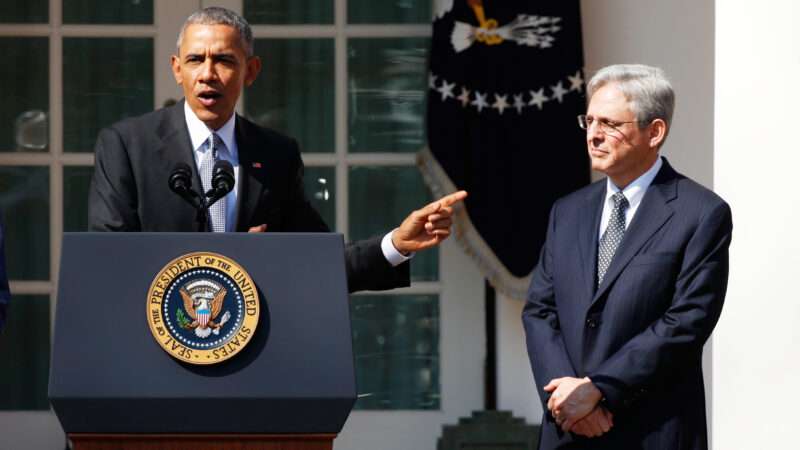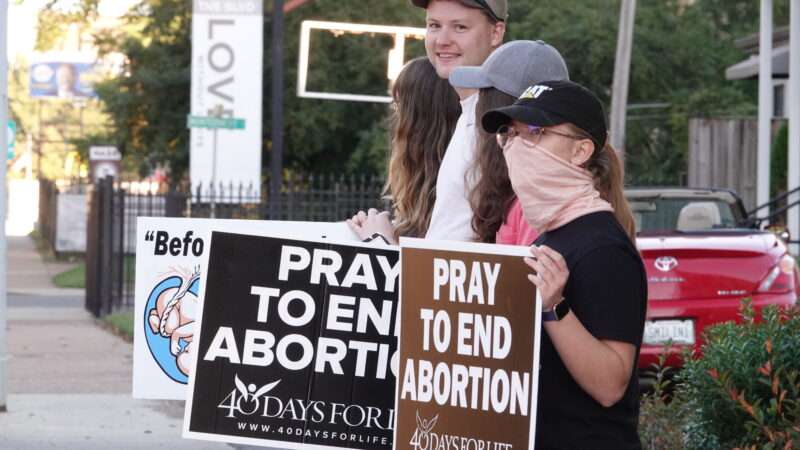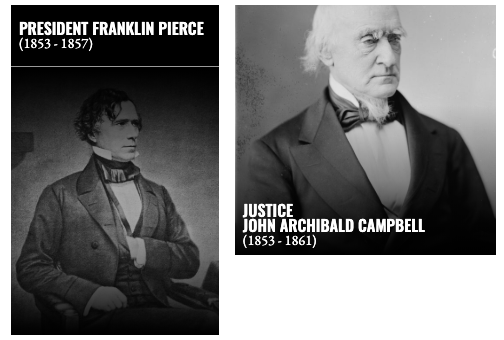Over the weekend, a federal district court judge through out the Trump campaign’s effort to challenge the Pennsylvania election results in Donald J. Trump for President v. Boockvar. The strongly worded opinion by Judge Matthew Brann excoriates the Trump campaign’s legal team, their arguments, and their tactics.
In response to the ruling, Senator Pat Toomey (R-PA) issued a statement that is worth quoting in full, as it provides a model for how other elected Republicans should be handling the Trump campaign’s legal maneuvers.
With today’s decision by Judge Matthew Brann, a longtime conservative Republican whom I know to be a fair and unbiased jurist, to dismiss the Trump campaign’s lawsuit, President Trump has exhausted all plausible legal options to challenge the result of the presidential race in Pennsylvania.This ruling follows a series of procedural losses for President Trump’s campaign. On Friday, the state of Georgia certified the victory of Joe Biden after a hand recount of paper ballots confirmed the conclusion of the initial electronic count. Michigan lawmakers rejected the apparent attempt by President Trump to thwart the will of Michigan voters and select an illegitimate slate of electoral college electors. These developments, together with the outcomes in the rest of the nation, confirm that Joe Biden won the 2020 election and will become the 46th President of the United States.I congratulate President-elect Biden and Vice President-elect Kamala Harris on their victory. They are both dedicated public servants and I will be praying for them and for our country. Unsurprisingly, I have significant policy disagreements with the President-elect. However, as I have done throughout my career, I will seek to work across the aisle with him and his administration, especially on those areas where we may agree, such as continuing our efforts to combat COVID-19, breaking down barriers to expanding trade, supporting the men and women of our armed forces, and keeping guns out of the hands of violent criminals and the dangerously mentally ill.Make no mistake about it, I am deeply disappointed that President Trump and Vice President Pence were not re-elected. I endorsed the president and voted for him. During his four years in office, his administration achieved much for the American people. The tax relief and regulatory overhauls that President Trump enacted with Republicans in Congress produced the strongest economy of my adult life. He also should be applauded for forging historic peace agreements in the Middle East, facilitating the rapid development of a COVID-19 vaccine through Operation Warp Speed, appointing three outstanding Supreme Court justices, and keeping America safe by neutralizing ISIS and killing terrorists like Qasem Soleimani and Abu Bakr al-Baghdadi.To ensure that he is remembered for these outstanding accomplishments, and to help unify our country, President Trump should accept the outcome of the election and facilitate the presidential transition process.
Indulging the President’s continued efforts to delegitimize the election through frivolous litigation and conspiracy mongering is not patriotic. It is quite the opposite. Elections have consequences, and in this election the Republican presidential candidate lost. Republicans and others who supported Trump need to acknowledge this fact and move on, as Senator Toomey has.
Alas, there is reason to believe the shenanigans will continue. The Trump campaign filed a notice of appeal in the Pennsylvania litigation with the U.S. Court of Appeals yesterday, but did not ask the court to delay certification of the Pennsylvania results. Other suits remain pending in Wisconsin and elsewhere, and some Republican office holders are still seeking to prevent the certification of results in other states. None of this will overturn President-elect Biden’s victory. It will, however, continue to exacerbate tribal partisan divisions and undermine confidence in our institutions.
It is long past time for more Republicans to put country over party Trump.
from Latest – Reason.com https://ift.tt/3ftVkiq
via IFTTT


